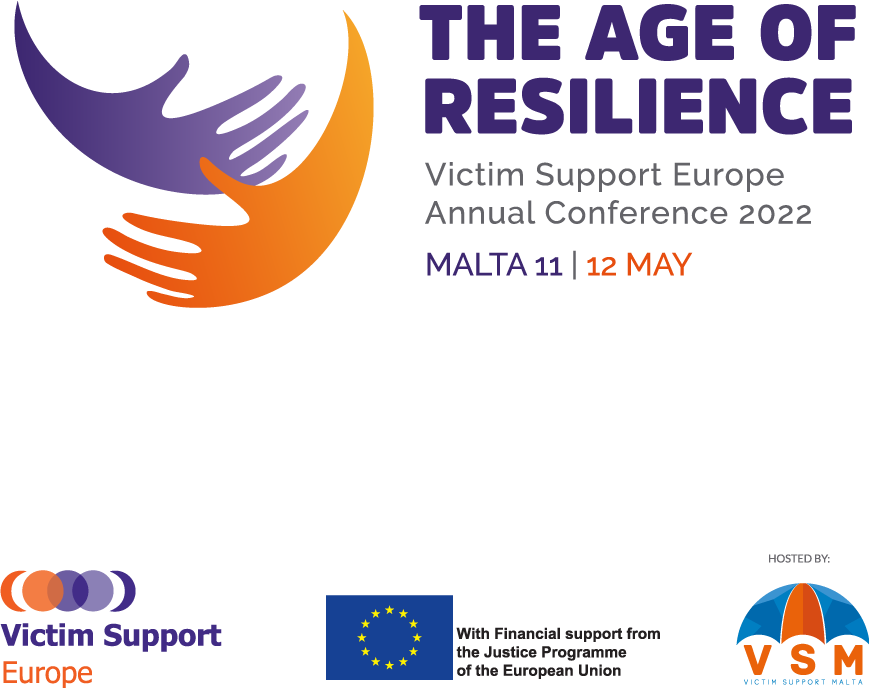Session 1 (day 1): Conflict, intolerance & social instability and their impact on victims of crime in unstable times
Two years of a global pandemic, and into the second month of a major Europe-based conflict with global security implications, have underlined the importance of resilient approaches, strategies, and training programmes. The first session of VSE’s Age of Resilience Conference will tackle the main traits of resilience-actor mapping and the identification of relevant stakeholders who can successfully engage with contemporary challenges. Speakers will discuss how intergroup conflict can transform our social identity and affect victims of crime; they will identify the tools and methodologies needed to assess new risks, such as climate change, and develop greater resilience to better cope with our new reality. During this session, a new perspective on the use of regenerative frameworks in building resilience and creating effective, sustainable activities, in the context of victim support, will be offered.

